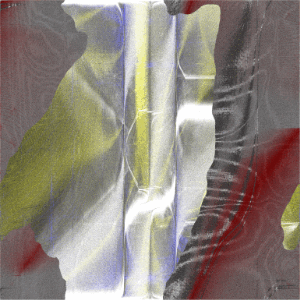Few acts are able to arrange with such joyous complexity, orchestrate with such surprising diversity and produce with such clarity and precision while still remaining true to a unique sound that, when iterated upon over time, simply doesn’t get old. From rose-tinted BoC fans through to the most rabid hAedz, Plaid have produced in Polymer something that should rightly appeal to all. Don’t miss this one. You really can’t afford to.
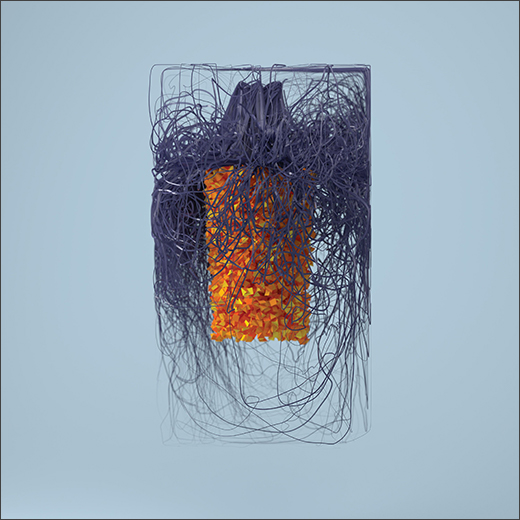
Eclectic, quirky, and damn fun
Remember a world without Plaid? That was the world between 2003 and 2011 that—while not exactly a fallow period for the duo—produced just two low-key, Japanese-only soundtracks and the quirky audio-visual Greedy Baby collaboration with Bob Jaroc. The absence of their perfectly balanced combination of thrills, quirkiness and challenge that the far more “serious” acts on Warp Records rarely managed made for dark times indeed, and it began to feel like we might never see a traditional Plaid album again.
When their comeback album Scintilli hit, it was a joy to discover they were once again on very fine form, and thankfully we’re now back in an era where a new Plaid album surfaces roughly every three years. And while Reachy Prints was a more sedate, diminutive, almost BoC-like affair, 2015’s The Digging Remedy saw them heading— somewhat shakily—back toward their roots.
Ed Handley and Andy Turner’s work occupies a unique niche among the greats in the electronic music genre. It’s not the scholarly, programmatic geekery of Autechre, nor the frenetic, complex, dancefloor filling spaces provided by Aphex Twin. It’s not even the nostalgic, faded photo-realistic memories conjured by Boards of Canada or the whacked-out, comedic genre spoofery of Mu-ziq. It’s much harder to pin down the work of another artist that “sounds like Plaid” than it is any of those aforementioned artists because none of them (sorry, no, not even AFX) are as eclectic, quirky or as damn fun.
No, Plaid are all about the source. Theirs is a world in which they cheerfully mix real harpsichord, accordion, hang-drum, gamelan, mandolin and marimba and still maintain a recognizable formula and identity. If they’re not using real instruments, they’re imitating them. There’s still a recognisable formula to Plaid’s work, and it’s hard to overemphasize just how short “eclectic and quirky” sells it. They may not be as wildly experimental, but they certainly innovate, and in quite different ways to other artists in their pantheon.
A newly hardened direction
Warp chose to promote their latest album, Polymer, with some pretty left-field material that—in spite of sounding as polished as always—sowed interesting if worrying seeds about a newly hardened direction Plaid might be taking. But never fear; it appears context is everything with Polymer, an album that is quite frankly on another level. To say that it’s “a grower” is yet another understatement, as every second is quintessential and utterly unmissable Plaid.
Polymer snarls to life with the sinister “Meds Fade,” playing out like Orbital aggressively exorcising a demonically possessed Air track, clearly signalling a dramatic tonal sea change for the duo. The fierce, guttural growls and swiveling synths tempered by ritualistic vocal aaaahs are like nothing we’ve heard from Plaid before.
Tellingly, they don’t then immediately jump off that train, with “Los” dialing in a relentless do-while loop of clinical bleeps and electrically fried FX, “Maru,” a raucous and clattering bass-bin with thundering claps and church organ blossoms, and more Orbital-esque sinistry in the growling, twanging “Ops.”
And then there’s the triumphant “Dancers,” toward which the staccato shuffle and lamplight flutter of “The Pale Moth” thrillingly builds. Not just one of Plaid’s finest slow-builders, but one of the finest tracks the duo have ever created, “Dancers” represents the pinnacle of everything Plaid stand for: the sound design and arrangement is second-to-none, the timing impeccable, the melodies affecting and infectious and the trap-beats a real Plaid first. Coupled with an absolutely mesmerizing and appropriately warped video by Rick Farin exploring the plastic (waste) themes inferred by the album title, it’s quite simply one of the best things you’ll see and hear in 2019, period.
A huge credit has to go to long-term collaborator Benet Walsh for his stunning acoustic contributions, without which Polymer would be a much chillier place. He provides a flamenco vibe to “The Pale Moth” through Spanish guitar, then accents and colors in with clarinet and violin. The turbo-charged “Nurilla” receives electric guitar (and more clarinet) blended into the Plone-style plinktronics with typical Plaid seamlessness and the lamentably cut-short “Crown Shy” wouldn’t be the same without him (along with Gabriel Walsh on accordion.)
The only arguable mis-steps are when occasional tracks trickle away just before they really get going (looking at you “All To Get Her” and “Crown Shy”), and as lovely as “Praze” might be, it ends the album in anachronistically sedate style that even a trademark flourish of harpsichord doesn’t quite save.
Joyous complexity
Few acts are able to arrange with such joyous complexity, orchestrate with such surprising diversity and produce with such clarity and precision while still remaining true to a unique sound that, when iterated upon over time, simply doesn’t get old. From rose-tinted BoC fans through to the most rabid hAedz, Plaid have produced in Polymer something that should rightly appeal to all. Don’t miss this one. You really can’t afford to.
Polymer is available on Warp.






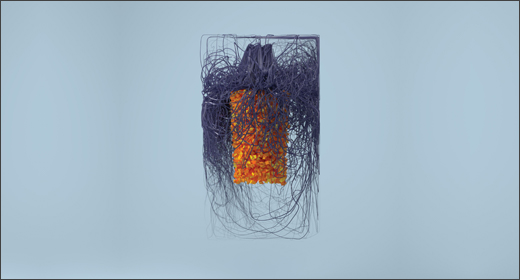







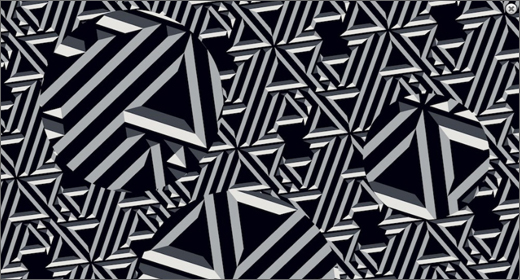
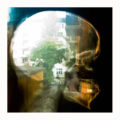







![Hasbeen :: Bunker Symphonies II (Clean Error) — [concise]](https://igloomag.com/wp/wp-content/uploads/2025/04/hasbeen-bunker-symphonies-ii_feat-75x75.jpg)
![Extrawelt :: AE-13 (Adepta Editions) — [concise]](https://igloomag.com/wp/wp-content/uploads/2025/04/extrawelt-ae-13_v_feat-75x75.jpg)
![Beyond the Black Hole :: Protonic Flux EP (Nebleena) — [concise]](https://igloomag.com/wp/wp-content/uploads/2025/04/beyond-the-black-hole-protonic-flux_feat-75x75.jpg)
![H. Ruine, Mikhail Kireev :: Imagined / Awakenings (Mestnost) — [concise]](https://igloomag.com/wp/wp-content/uploads/2025/04/h-ruine-mikhail-kireev-imagined-awakenings_feat2-75x75.jpg)

